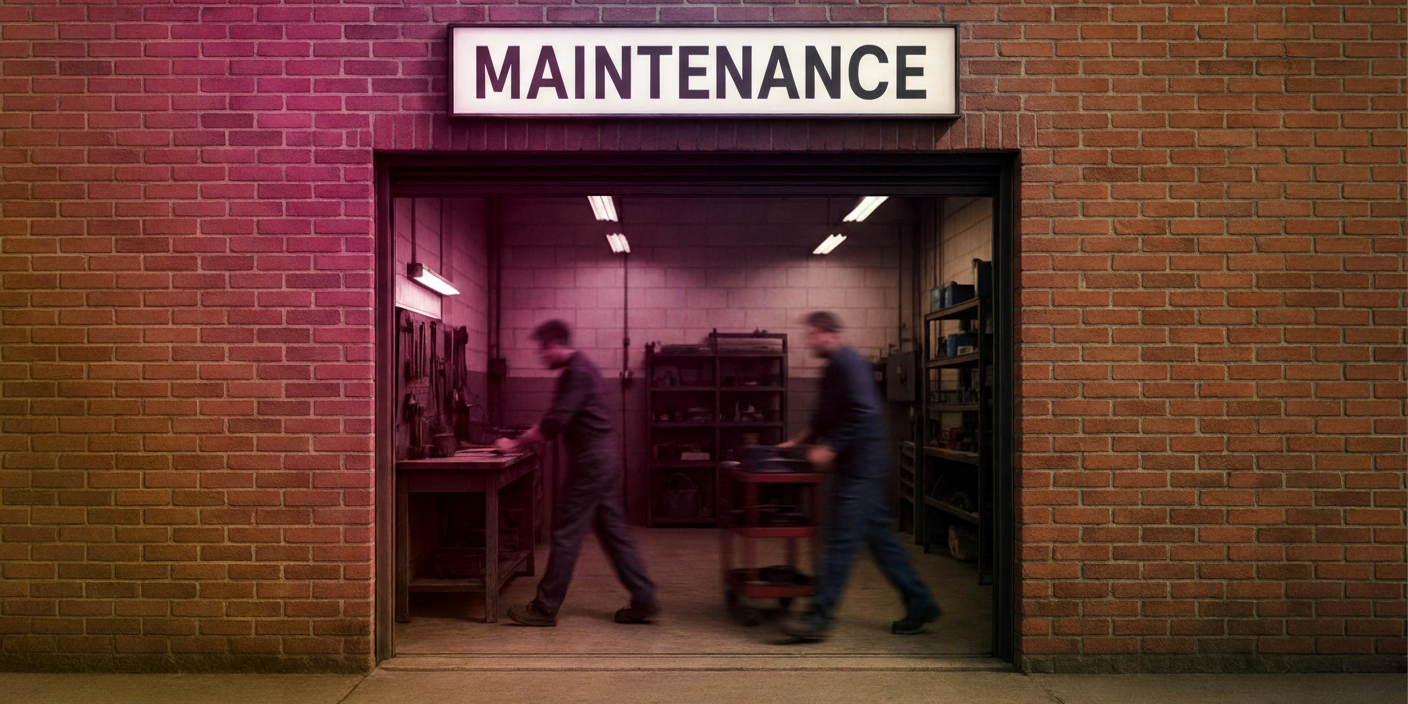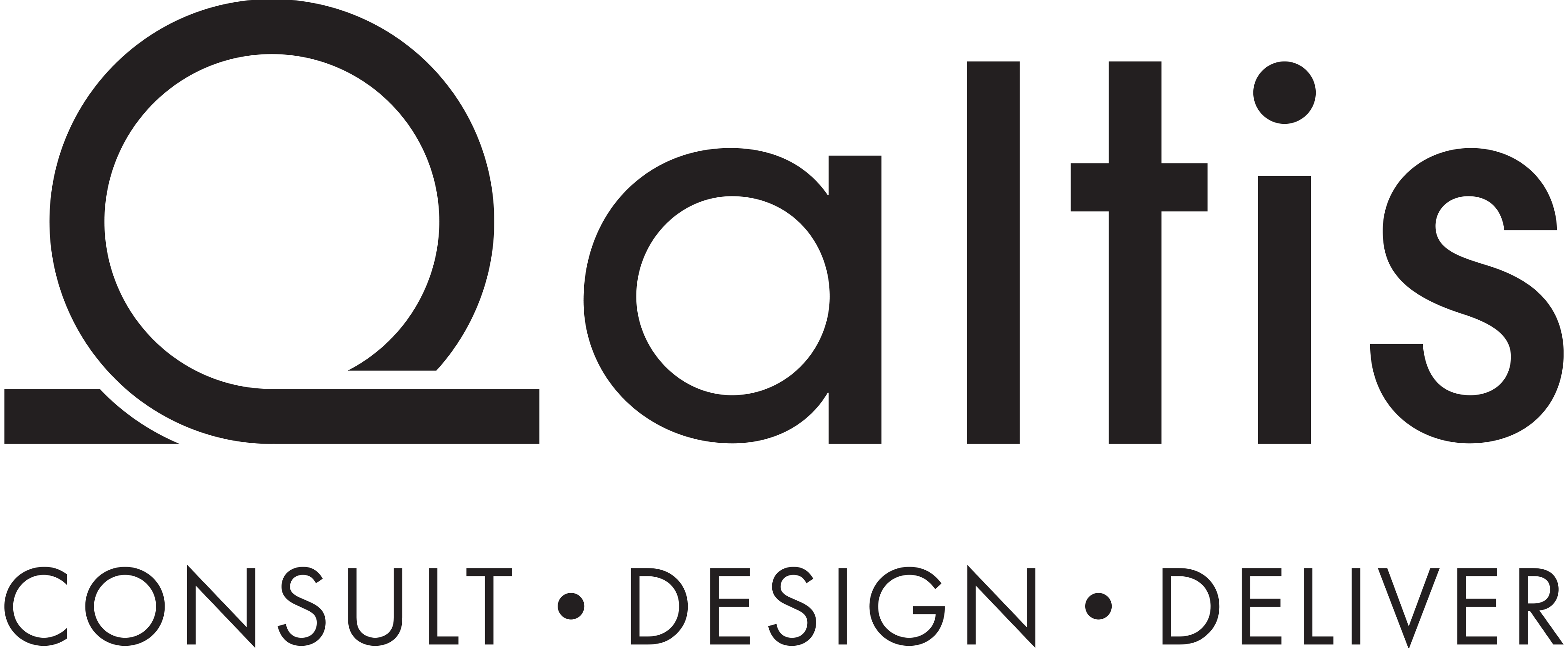Before you dive into this article, let’s run a quick check: a kind of inner service, in the form of an (almost) serious checklist to consult whenever you feel you’re overheating.
1) Notifications off, or are you still working inside the noise?
2) Inbox at zero, energy at zero too? Time for a reboot
3) If your chair squeaks… maybe it’s just you needing to stretch
4) Last mental pause: can’t remember? Then you’re overdue for one
5) Staring at the screen for clarity rarely brings clarity
6) Your brain runs on oxygen, not caffeine
7) A five-minute walk can solve what a one-hour meeting can’t
8) Multitasking: the fastest way to do three things badly at once
9) Silence isn’t empty, it’s part of the system reset
10) If you’re reading this during a meeting, congratulations, you’ve just found the most productive minute of it
If at least one of these lines has triggered a thought, it might be worth looking a little deeper. Because every day architecture designs spaces, inspects systems, checks certifications and safety protocols, but is it really able to maintain the minds that inhabit them? The brain, after all, is a precision machine. And like any machine, if it isn’t cared for, it breaks down.

Thinking, version 2.0
In engineering, preventive maintenance is the set of actions that help avoid a breakdown. Translated into the world of work, it means learning to spot the signals before they turn into blocks: information overload, loss of focus, pointless meetings, chronic multitasking. Altis also works on this plane, the plane of cognitive design, because a space only truly works if the people inside it are able to function well. Mental maintenance is, in every respect, both a technical and a human act: a regular check-up of the way we think, collaborate, act.
Lubricating the circuits
Like oil in an engine, the mind needs fluidity. Short, regular breaks; changes of posture; natural light; micro-movements: elements design can encourage and neuroscience confirms as essential to performance. Thinking does not regenerate under constant stress: it needs controlled friction and cooling points. Quiet areas, decompression routines and moments of recalibration, even a simple conscious breath, are all part of everyday maintenance.
Repairing, not replacing
In industry, the instinct is to replace what no longer works. With people, it’s smarter (and more ethical) to repair. Mental maintenance means recognising friction: a team that communicates poorly, a leadership that’s always “on”, an organisation that leaves no room for recovery, and intervening with precision, not punishment. It’s a shift in paradigm: from the cult of productivity to a culture of longevity.
Mental maintenance is an act of design care that Altis considers part of its method: Consult, Design, Deliver, useful especially when the construction site is still in our minds. To find out more, write to us at [email protected].


